 The Daily Mail today reports that a whole host of words have been replaced a new edition of the Junior Oxford Dictionary by more modern, everyday words but seemingly to the shock of the paper some of these words are…..Christian words. Cue the end of the world and an article that raises some interesting questions but for the wrong reasons.
The Daily Mail today reports that a whole host of words have been replaced a new edition of the Junior Oxford Dictionary by more modern, everyday words but seemingly to the shock of the paper some of these words are…..Christian words. Cue the end of the world and an article that raises some interesting questions but for the wrong reasons.
It is a fact of an evolving society that language changes and some words drop out of usage while new words emerge. Sometimes words are still used but in difference contexts and sometimes mean entirely different things. The most obvious example is the word “gay” which meant, not so long ago, happy or jolly but then if someone was gay it meant they were homosexual. More recently the word has changed again and is slang for something that is rubbish but referring to something as gay, in the context of rubbish, is considered by some to be homophobic. Words, their meanings and the context in which they are used are changing all the time and its only obvious therefore that our dictionaries change with them in order to reflect our language.
So unsurprisingly the latest edition of Oxford Junior Dictionary has replaced words that are now less common, or well known, amongst youngsters with more familiar words such as MP3, celebrity and democracy. The junior version of the Oxford Dictionary is a much smaller more compact dictionary and has limited space so in order to make way for these newer, modern words older ones had to be removed. No such problem you might think but The Daily Mail is seemingly up in arms because some of these words are related to Christianity.
The paper has even published a list of Christian words removed from the newer edition but there’s just one problem, well several actually, some of those words are more pagan than Christian. For example amongst the words listed are holly, ivy and mistletoe which all have pagan connotations rather than Christian. Of course all three have become synonymous with Christmas but all three are actually pagan icons and were adopted by Christians when celebrating Christmas as Pagans used them in their Winter solstice festival, which is celebrate at the same time [near enough anyway] as Christmas. The words are certainly not Christian, not being mentioned in the bible, and if not accepted as Pagan [some will doubtless argue with us] these words are certainly the more commercial side of Christmas
The same goes for cracker and carol which are also listed as words removed in the new edition. Now I’ve never heard a version of the nativity where Mary and Joseph have Christmas Crackers but maybe I’ve been going to the wrong nativity plays. Once again Crackers is more a commercial aspect of Christmas, and indeed invention, and not Christian. Then there are carols which is a modern association with Christmas and quite Dickensian in nature, they certainly were not around when Jesus was – if Jesus was ever around.
So we dispute the words carol, cracker, holly, ivy and mistletoe actually being Christian words. The other words which the paper associates with Christianity aren’t often used today anyway such as abbey, altar, pew, monk, chapel and nun. We’ll agree that bishop, saint and sin are still relatively common words but their removal from the dictionary, to make way for modern words, is hardly surprising given the fall in church attendance in the UK.
The Daily Mail covered the change in a typical manner with a silly headline “Is it a Sin? Christian words deleted from Oxford Dictionary” and featured comments from a woman complaining about the changes, warning “‘To eradicate so many words associated with Christianity will have a big effect on the numerous primary schools who use it.’” Yes we’re sure primary schools across the UK will now collapse because the removal of a collection of words most of which aren’t actually even Christian in nature. The same woman adds “’Some of it looks quite sinister” Maybe her dictionary has a different definition of sinister than my own but I don’t think there is any sinister about the changes.
Still it all makes for another story in The Daily Mail about our heritage, traditions and Christian values being eroded away. Of course a supposed great Christian tradition was turning the other cheek and another one, as we’re on a roll, was to “love thy neighbour”, not create fear and suspicion about them – which is more sinister than removing a bunch of words from a children’s dictionary.
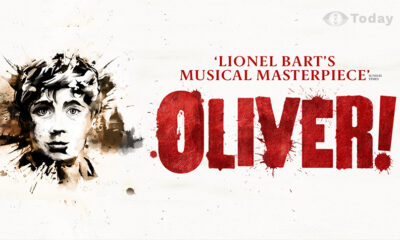
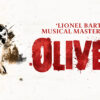
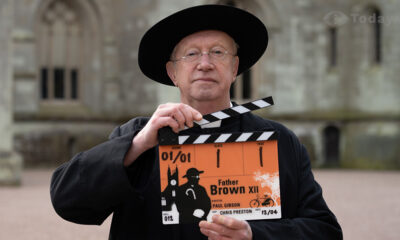

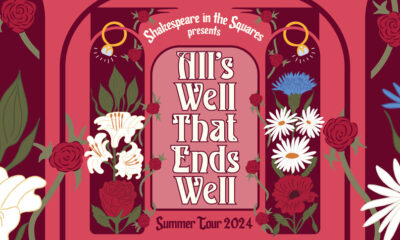
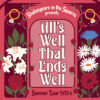

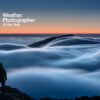



 The Daily Mail today reports that a whole host of words have been replaced a new edition of the Junior
The Daily Mail today reports that a whole host of words have been replaced a new edition of the Junior 




